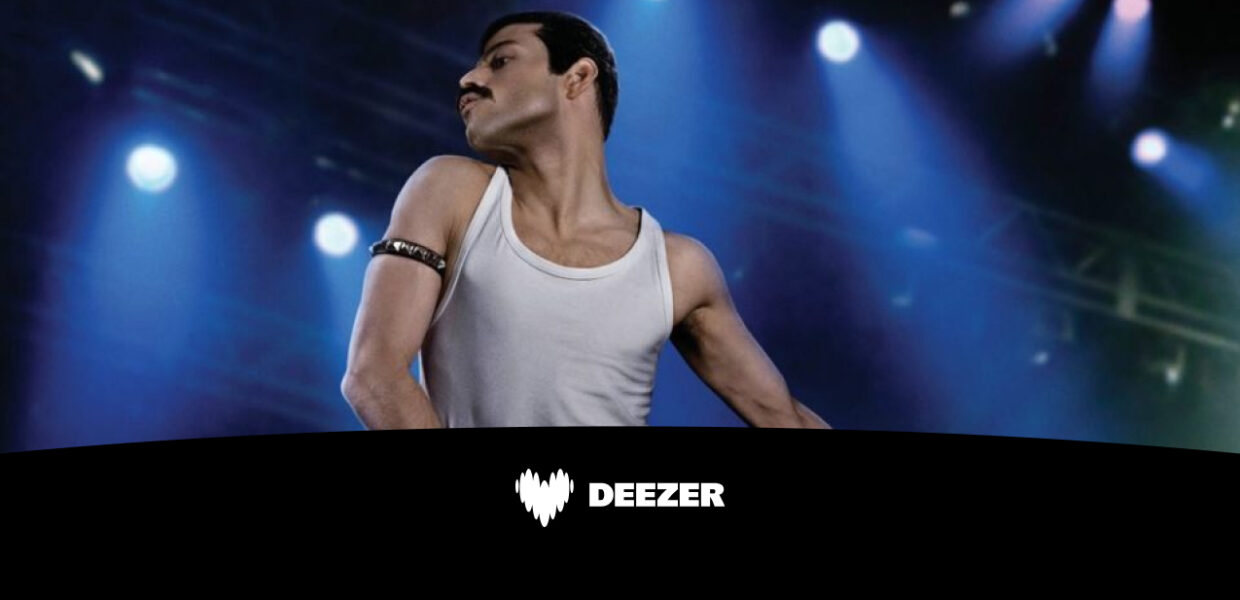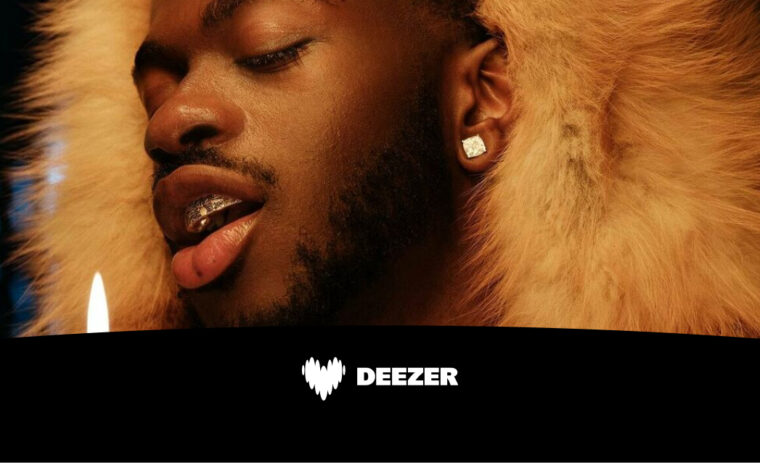For Pride Month, we shine the spotlight on those who have not only rocked the stage, but societal norms too. From the flamboyant theatricality of Freddie Mercury to the outspokenness of Elton John, these legendary figures from the LGBTQIA+ community have carved out a place for themselves in the music industry. How did these artists transform the world of rock in an era of segregation and puritanism? And today, which singers are taking up the fight for equality?
Pioneering figures and their impact
In the realm of rock music, certain LGBTQIA+ artists revolutionized societal norms.
Freddie Mercury
The famous leader of the group Queen, known for his powerful voice and charismatic stage presence, was not openly gay at the start of his career due to the stigma of the time. However, he lived his life freely among his friends and became an icon of the gay community, not least because of his flamboyant stage persona. His performance at Live Aid in 1985 is often celebrated as one of the greatest in rock and roll history. He was able to reach a wide audience while remaining true to his identity.
Elton John
Elton John shared a strong friendship with Freddie Mercury. They even went so far as to create drag-queen alter-egos. Elton became Sharon, while Freddie took the sweet name of Melinda. The singer used his fame to defend the rights of LGBTQIA+ people. In 1992, he founded the Elton John AIDS Foundation, which has since raised over $ 300 million. His marriage to David Furnish in 2005 highlights a successful, high-profile homosexual relationship. A positive influence for his fans and other artists who wish to come to terms with their sexual orientation.
The impact of Rock ‘n’ Roll and Glam culture on LGBTQIA+ identity
Anthems for equality
Rock and roll has long been a platform for anthems that resonate with identity and rebellion. Here are a few key tracks and the transformative role of glam rock:
- “I Want to Break Free” by Queen
- This song, accompanied by a music video where the band members dress in drag, became a symbol of freedom and expression. Its lyrics about breaking free from constraints and asserting one’s identity have made it an anthem for those fighting for LGBTQIA+ rights.
- “Rebel Rebel” by David Bowie
- Released in 1974, this track features lyrics that celebrate androgyny and non-conformity (“You’ve got your mother in a whirl / She’s not sure if you’re a boy or a girl“). Bowie’s own fluid presentation of gender and identity in his Ziggy Stardust persona helped many in the LGBTQIA+ community feel represented in mainstream rock music.
- “True Colors” by Cyndi Lauper
- Although more pop-oriented, Cyndi Lauper’s hit has been adopted by the rock community due to her punk rock beginnings and its poignant message. The song is a heartfelt anthem about showing one’s true self unapologetically and has been widely embraced by the LGBTQIA+ community, especially during Pride events.
Glam Rock: challenging traditional gender norms
A wave, as violent as it was unexpected, dazzled the world of Western music: glam rock. All glitter and platform heels, glam was the thunderous, electric response to a generation’s need for emancipation. In 1970, The Kinks made a series of appearances on BBC television, notably to perform “Lola”, a controversial song about a young man’s encounter with and desire for a transvestite named Lola. This hit was certainly the first of the glam genre, even before the latter was born.
Challenges and triumphs
Navigating the rock scene as an LGBTQIA+ artist has often meant facing significant hurdles:
- Homophobia and exclusion: many artists were initially marginalized due to their sexual orientation.
- Public and media backlash: dealing with intense scrutiny and often hostile reactions.
David Bowie, already known for his attraction to androgyny (he posed in a dress for the cover of “The man who sold the world” in 1970), scandalized the entire country in 1972 by embracing his guitarist live on “Starman”. The gesture may seem harmless, but at the time it was considered extremely provocative. The same year, the singer revealed his bisexuality in an interview for the music magazine Melody Maker. This provoked a huge public outcry, with some accusing the star of simply wanting to shock and make a name for himself. It was through his attitudes and words (“Ladies and gentlemen, and others” at the Grammy Awards in 1975) that David Bowie, extraordinarily influential, accelerated and stimulated the evolution of mentalities.
The evolving scene: today’s LGBTQIA+ rock musicians
Today’s rock scene continues to evolve with new LGBTQIA+ artists who not only innovate the genre but advocate for equality:
- Laura Jane Grace: transgender icon, she uses her platform to address trans issues and rights. From an early age, the punk artist was confronted with her gender identity. Since her transition in 2012, she has assumed her authentic identity. Her participation in the band Against Me! has brought her considerable recognition and visibility as a transgender rock star within the queer community and the punk rock scene.
- Lady Gaga: the singer, who identifies as bisexual, said she didn’t speak for the gay community, but she is one of its staunchest allies. Her music often mixes different genres, but her public image places her firmly in the realm of rock celebrity. And those outfits? Absolutely iconic.
- Tash Sultana: this young non-binary artist brings perspective and visibility to the new scene. The song “Beyond the Pine” is about self-love “through social norms”. This moving, romantic song is as much about loving someone else as it is about loving yourself. It’s about choosing love—in all its for—- especially in the face of unfair judgment.
These musicians push the boundaries of what rock can represent and achieve in terms of inclusivity and social progress.
The legacy of past icons like Freddie Mercury and Elton John continues to inspire a new generation. Their influence ensures that the path towards equality and understanding remains vibrant and progressive in the rock music industry and beyond. The representation of LGBTQIA+ individuals in rock music has made significant strides:
👉 Visibility: increased representation in mainstream media and music festivals.
👉 Acceptance: a growing tolerance and celebration of diverse sexual orientations and gender identities within the community and by fans.
Explore more about these trailblazers on Deezer. Remember, every play, every share, and every conversation adds a note to the ongoing symphony of equality. Celebrate these artists not just during Pride Month but each day, for their music and their fights are timeless.
Find out more:






